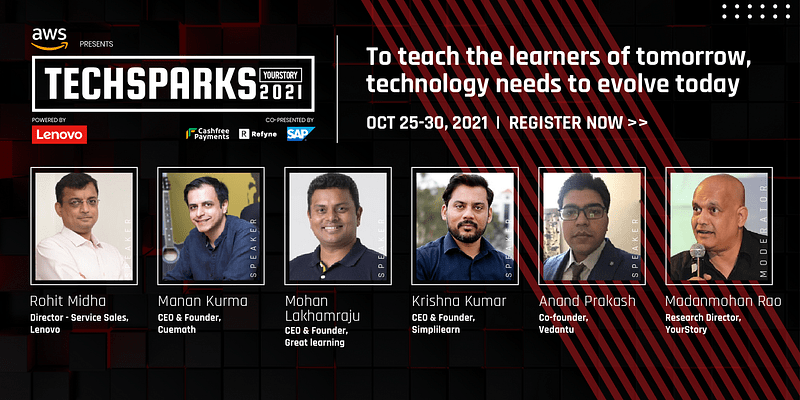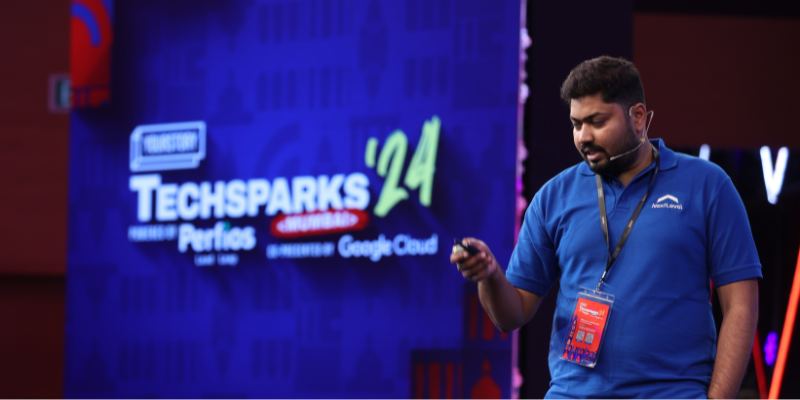
Lenovo
View Brand PublisherDecoding the learning experiences of tomorrow
The last 15 years have seen a steady growth of the edtech sector. However, 2020 saw the sector becoming the epicentre of disruption. In India, the sudden seismic shift to online learning brought to the fore the gaps in the sector and its huge untapped potential. But, the larger message it conveyed was that digital education is no longer the future but the present. Today, technology in education has paved the way for new learning experiences, approaches, and scale education in unimaginable ways. This is as much true for learning at all levels - from K-12 to skill-based or professional learning courses. Edtech startups demonstrated how technology can make learning and education more accessible, adaptable and serve the goals of education.
Take for instance, in September, – the edtech unicorn known for offering individual and group classes to K-12 and test preparation segments – expanded its offerings from school subjects to include extra-curricular courses like art, public speaking, and creative writing, among others. The move aimed to create larger avenues for young learners to explore their talents and also create a holistic learning environment for students. Like Vedantu, yet another edtech startup, , is working towards providing students more opportunities to gain knowledge and build on capabilities that focus on real-world skills. While Cuemath established itself as a leading provider of after-school math and coding programmes for K-12 classes, it is now partnering with the larger ecosystem to help transform the teaching and learning experience.
Today, as much as there is an increasing focus on making learning simpler, interactive and holistic for students, another concept that is gaining increased traction and acceptance is that of lifelong learning. Digital learning is a key focus not just from an academic perspective but also for preparing a future-ready workforce. The fact that Simplilearn’s Full Stack Development Job Guarantee Program, which was launched in June 2020, has seen 200 percent growth is a clear indication. Byju's subsidiary Great Learning’s online repository of free courses -- Great Learning Academy (GLA) recorded a five-times growth in user base in a span of a year - from 4 lakh learners in September 2020 to 20 lakh today. GLA offers over 750 free courses in English and Hindi across various domains such as data science, Machine Learning, Artificial Intelligence, IT and software, cloud computing, marketing and finance.
Simply put, today digital innovation in education is not about meeting the needs of the education sector but also that of the future workforce. And, as the learning environment continues to become increasingly digital, technology will no longer be a support resource but an integral part of the digital education strategy. The choice of tech will have to be thought through in the design and practice of delivering education for it to be truly effective. Today, the world’s number one education PC provider, Lenovo, is providing education solutions that equip educational institutes with powerful hybrid solutions combining the best of in-class and remote learning. Lenovo EDU, which brings devices, software and services, is designed to support learning wherever it takes place.
2020 and 2021 have been milestones for edtech - in terms of how the sector gained widespread interest, acknowledgement and momentum. Story-based concept videos, interactive simulations, curated content, personalisation of curriculum, access to a wide area of learning, are now mainstream. However, the sector is now at a crucial juncture. It will now need to explore how technology can and should evolve to make learning experiences more intuitive, transparent, scalable and personalised.
At TechSparks 2021, we have leaders from the edtech space in India coming together to discuss and deliberate on the topic ‘To teach the learners of tomorrow, technology needs to evolve today’. The panel discussion will feature Anand Prakash, Founder, Vedantu; Krishna Kumar, CEO, ; Manan Khurma, CEO, Cuemath; Rohit Midha, Director, Service Sales, Lenovo and Mohan Lakhamraju, CEO, .
Date: October 25, 2021
Time: 5:20 PM










